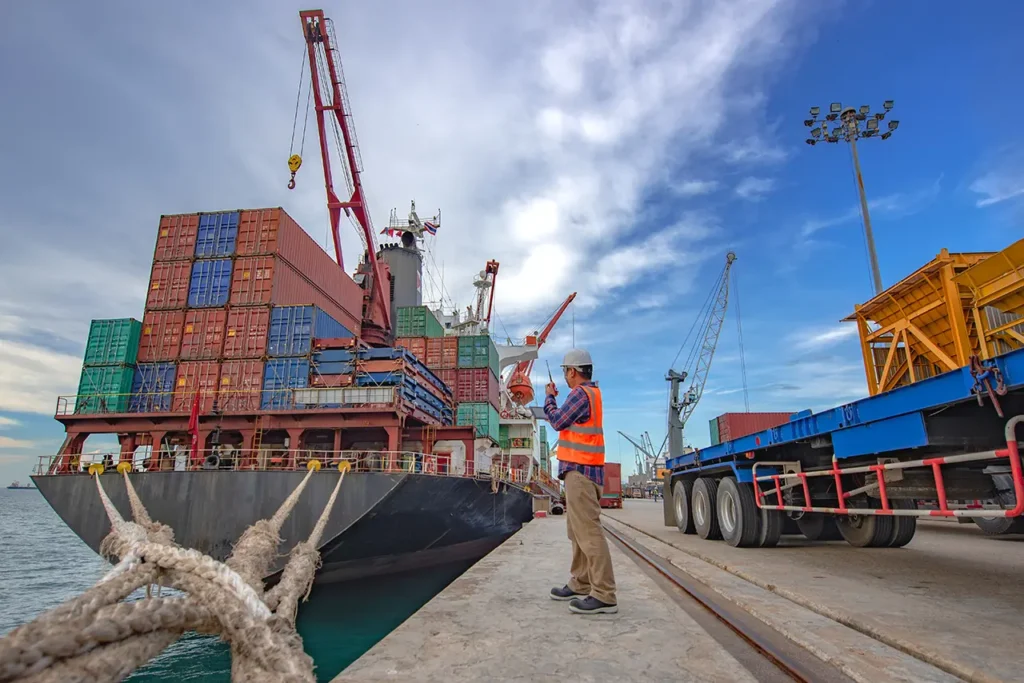ZEMBA’s proven process to collectively procure the emissions reduction associated with clean energy - powered shipping
How does this work?
Through competitive, forward procurement processes, ZEMBA aggregates freight buyer demand for the emissions reduction (environmental attributes) associated with clean energy-powered shipping. Our impact is measured in bilateral contracts signed for real in-sector emissions reduction and verified adoption of the most scalable, affordable fuel and technology solutions. Before a tender is launched, ZEMBA Members nominate an initial volume of freight to decarbonize, but only commit once they learn the commercial details of the winning bid(s). If you like the deal, Members have the option to sign a bilateral contract with the winning carrier(s) and claim the associated emissions reduction when the zero emission fuel or technology has been deployed and verified. A nonprofit book-and-claim registry supports transparency, assurability, and appropriate claiming of Scope 3 reductions.
Benefits of ZEMBA membership include:
Convenience
ZEMBA does the hard work for you, creating a pathway to assurable in-sector emissions reductions without disrupting your normal freight procurement processes
Collaboration
An established, proven platform for freight buyers to work together to maximize collective impact and gain economies of scale
Models & Tools
Bespoke modeling, tools, and maritime market insights to guide member volume nomination and confirmation
Expert Insights
Access to trusted information about alternative fuels and technologies and the best value for long term success from technical, legal and procurement experts
Trusted Guidance
Tailored guidance on how to claim Scope 3 emissions reduction toward net-zero targets and gain clarity on carbon accounting and additionality
Maximum Flexibility
A flexible approaches that allow for maximum impact without compromising logistics or complicating contracting
Leadership
Opportunities to demonstrate leadership in a hard-to-abate sector and gain reputational benefits for maximizing impact alongside corporate leaders
Inaugural Tender
Timeline
September 2023 - April 2024
Deployment Period
2025-2026
Status
Completed
Second Tender
Timeline
Launching January 2025
Deployment Period
3-5 year contracts starting in 2027
Status
Soon accepting bids
ZEMBA’s next tender will focus on aggregating demand for the first commercial deployment of e-fuel-powered container shipping. E-fuels are produced with renewable energy and green hydrogen. To support bid development, ZEMBA has released the RFP 2 Sustainability Framework consisting of ZEMBA’s eligible fuel requirements, emissions intensity calculation requirements, and a statement on additionality.
Beyond the Tenders
Shaping Enabling Conditions for Zero-Emission Shipping
Status
Ongoing